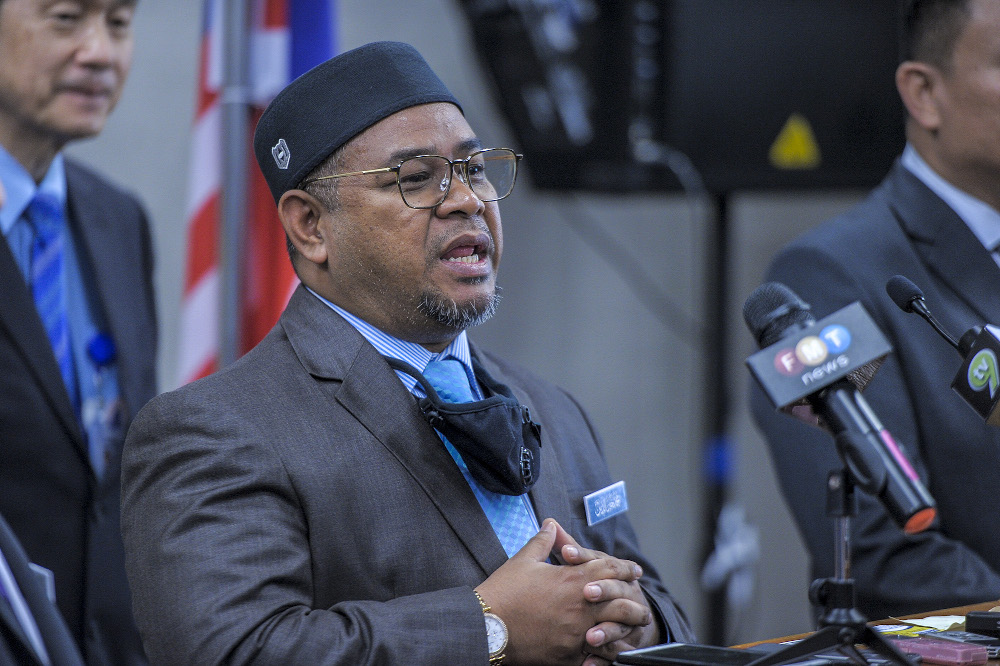KUALA LUMPUR, Nov 2 — In the quest to offset the shortage of workers in the plantation and commodity sectors due to the Covid-19 pandemic, Plantation Industries and Commodities Minister Datuk Dr Mohd Khairuddin Aman Razali has called on locals to fill the void left by foreign workers.
He said the shortage of manpower in the plantation and commodity sectors was quite critical, and it was feared that it could affect the performance and progress of the country's agriculture industry.
"At the same time, the safety of Malaysians cannot be compromised. Hence, the ministry is of the view that the entry of foreign workers, who are still not allowed into the country, is the best approach, taking into account the current situation.
"Furthermore, in a situation where many Malaysians are losing their jobs, it is appropriate to limit the hiring of foreign workers," he said in a statement today.
Mohd Khairuddin said the ministry would redouble its efforts to fill the labour shortage in the plantation and commodity sectors by holding a campaign to attract more locals, including the indigenous people, to work in these sectors.
"The ministry will continue to move towards giving priority to locals working in the plantation and commodity sectors, as well as empowering human capital through training and courses under the Institute of Malaysian Plantation and Commodities," he said.
He said the government is also considering issuing temporary permits to illegal foreign workers in the country to address the critical situation in the oil palm and rubber sectors for employment that is still difficult to attract locals.
"The ministry, in collaboration with other ministries and related agencies, will continue to work hard to help the agricommodity sector get workers through campaigns to encourage the participation of locals.
“The ministry also welcomes the involvement of local employment agencies in encouraging locals to work in these sectors. It is important that efforts to reduce dependence on foreign workers can be realised," he said. — Bernama



















